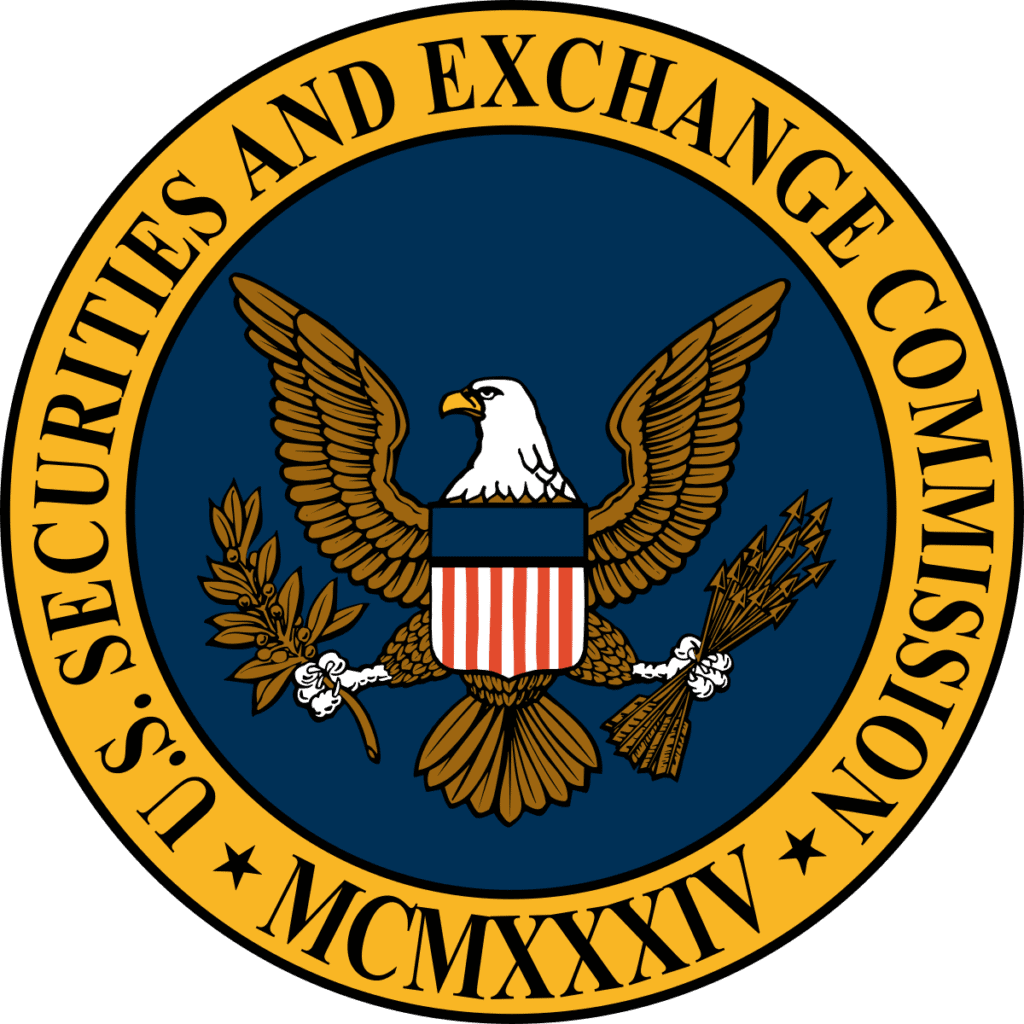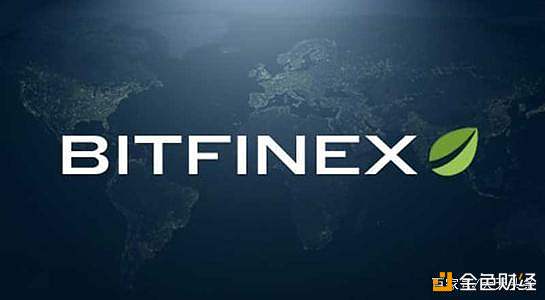One of the popular platforms for analyzing both cryptocurrencies and crypto markets, Coincub, has come up with the latest ranking. The ranking shows that Germany has become the most crypto friendly country.
A solid position
The Coincub team surveyed 46 countries. Each of them is, or until recently was, heavily involved in the development of the blockchain space on their territory. In creating the ranking, the researchers focused on quantitative data such as mining volume, digital asset turnover, legislative background, tax conditions, institutional involvement and central bank participation. Education and ICO involvement in environmental issues were also not left out.
In this complex ranking, five countries emerged at the top. These are Germany, Singapore, the United States, Australia and Switzerland, in that order.
The report was published on April 14 and reflects the situation at the end of the first quarter of 2022. The main factor for Germany taking over the leadership position is the fact that there is a steadily growing institutional acceptance in the country, as well as a progressive taxation policy.
As the report reads:
“The landmark decision to make cryptocurrency investments part of its massive domestic savings sector signals high-level institutional acceptance and a bright future for cryptocurrencies in Germany.”
Last July, in an article titled “German institutional funds now allowed to buy Bitcoin under new law,” we reported on the dynamic growth of Germany’s savings sector. This did not escape the attention of Coincub analysts. Although much remains to be done, it was enough for the largest of the European economies, to make a climb from fourth to first place in the ranking.
Singapore falls, the U.S. unchanged, China at the bottom
So far Singapore held the leading position. However, the changes that the government introduced, in terms of strict policies against the promotion of crypto services, as well as restrictions on Bitomats, caused it to fall to the second position.
The third place on the podium was retained by the United States. This was influenced by the clear vision of the upcoming regulations, as well as the high Hash Rate, which here is 35% of the value generated by all countries of the globe.
The last place in the classification went to China. The country that until recently led in terms of Bitcoin mining, after numerous bans on both mining and conducting transactions, closes the Coincub ranking.
One more country is worth mentioning. It is the United Arab Emirates, which has recently been gaining momentum in terms of regulation and is becoming an interesting region for exchanges looking for a permanent location. The debut in the ranking placed the UAE at 26th position, but there are many indications that this will soon change.












